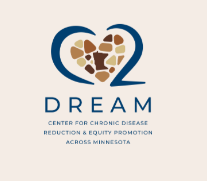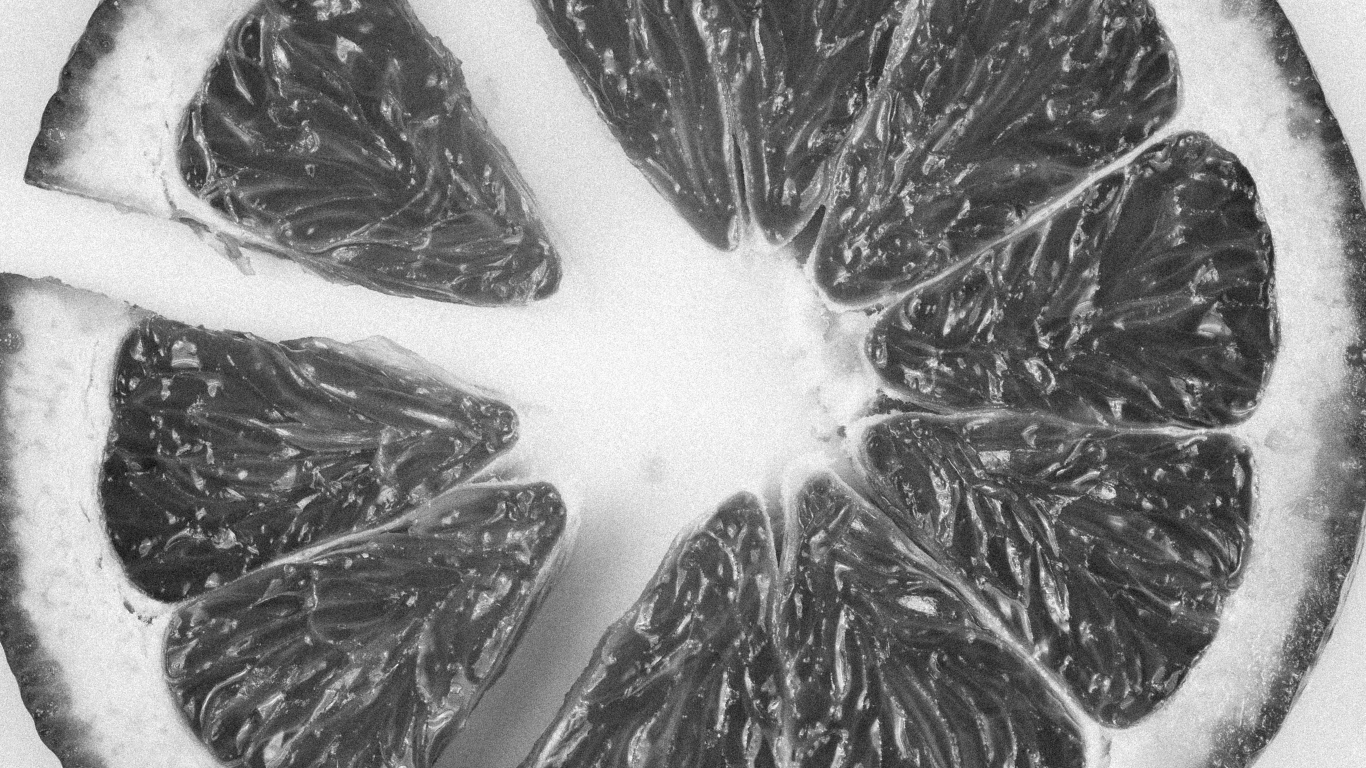Hennepin Healthcare Research Institute (HHRI)
Meet the people trying to make medicine a level playing field
Photo: Dr. Warren McKinney (left), Dr. Allyson Brotherson (center), & Dr. Guillaume Onyeaghala at the Links organization's event, EmpowHER in February 2023.
THE GOAL: Hennepin Healthcare Research Institute (HHRI) is the nonprofit, teaching wing of the Hennepin Healthcare system in Minneapolis, MN. HHRI is an academic environment with a focus on research, patient care, and teaching. They needed to highlight the work of two early-stage BIPOC investigators, so I dove in deep and found the true racial disparity in healthcare research and drug testing.

Communities of color have been underrepresented in many clinical trials, which is a big motivator to drive more research and gather more data about how people of color are impacted.
Established in October 2021, C2DREAM is the Center for Chronic Disease Reduction and Equity Promotion Across Minnesota. It’s a collaboration between the University of Minnesota (U of M), Mayo Clinic, and Hennepin Healthcare Research Institute (HHRI).
C2DREAM is one of nine nationwide initiatives to receive a $19,436,475 award from NIH’s National Institute on Minority Health and Health Disparities (NIMDH) for a 5-year study on researching health disparities and inequities. which seeks to explore the effects of interpersonal and structural racism on cardiovascular health inequities for people who are Black, Indigenous, and people of color (BIPOC).



As part of HHRI’s ongoing commitment to the career development of minority researchers, we are highlighting two early-stage BIPOC investigators at HHRI, Dr. Warren McKinney and Dr. Guillaume Onyeaghala, who are spearheading two of the C2DREAM pilot projects.
Dr. McKinney is a nonclinical nephrology researcher primarily focusing on organ transplantation access and racial disparities. He is also the Principal Investigator (PI) on a project researching “Cardiovascular disease and inactive status: a single center pilot to evaluate racial disparities in access to kidney transplant after being waitlisted.”
Dr. Onyeaghala is a microbiome and chronic disease researcher focusing on its connection to cancer, kidney disease, and chronic disease in general. A large part of his work focuses on how a person’s genes can influence how prescription drugs are metabolized in the treatment of disease. He is also the PI on the project “Identifying barriers and opportunities in microbiome research among African American kidney transplant recipients in Minnesota.”
Racial disparities are inherently baked into social and structural systems
African Americans make up the largest group of minorities in need of an organ transplant and spend the longest time on organ transplant waitlists due to a number of factors like social support, declining health, and financial or housing instability.
The disparities are not disparities because people of color are doing anything differently. It's because something is being denied to them or not being provided equitably, and without that support, they aren't able to achieve the outcomes that you see [in] other groups."

The link between clinical drug trials, underrepresentation, and deaths
If drug trials are primarily conducted on the Caucasian populations versus communities of color, the efficacy and dosages of the treatments could vary greatly based on different distributions of genes in these groups. Genetic makeup can influence how drugs are metabolized in the body. However, if the sample size of your data doesn’t represent those different factors, you’re not able to get accurate drug dosages, which creates more negative health outcomes for communities of color.
“…if 25% of your population is African American, but in all of your studies, you have five or 10% representation, you’re taking a chance that those 5 or 10% are actually representative of your population, but you don’t know, right?”

Dr. Onyeaghala is hopeful about how listening to the feedback from the C2DREAM research studies can create more trust, input, and involvement in the community most impacted by this research.
“If we don’t figure out a good way to get that [new research findings] into the hands of the community that…will benefit from it, [the knowledge will be limited]. This is a very exciting time for microbiome research and kidney transplantation. And that when we talk about it, you know, we stop saying, oh, African Americans have worse outcomes. But now we can say no, we have the tools to make sure that we did get the best outcomes possible.”
THIS IS A SNIPPET OF THE ORIGINAL, READ THE ARTICLE IN ITS ENTIRETY HERE.